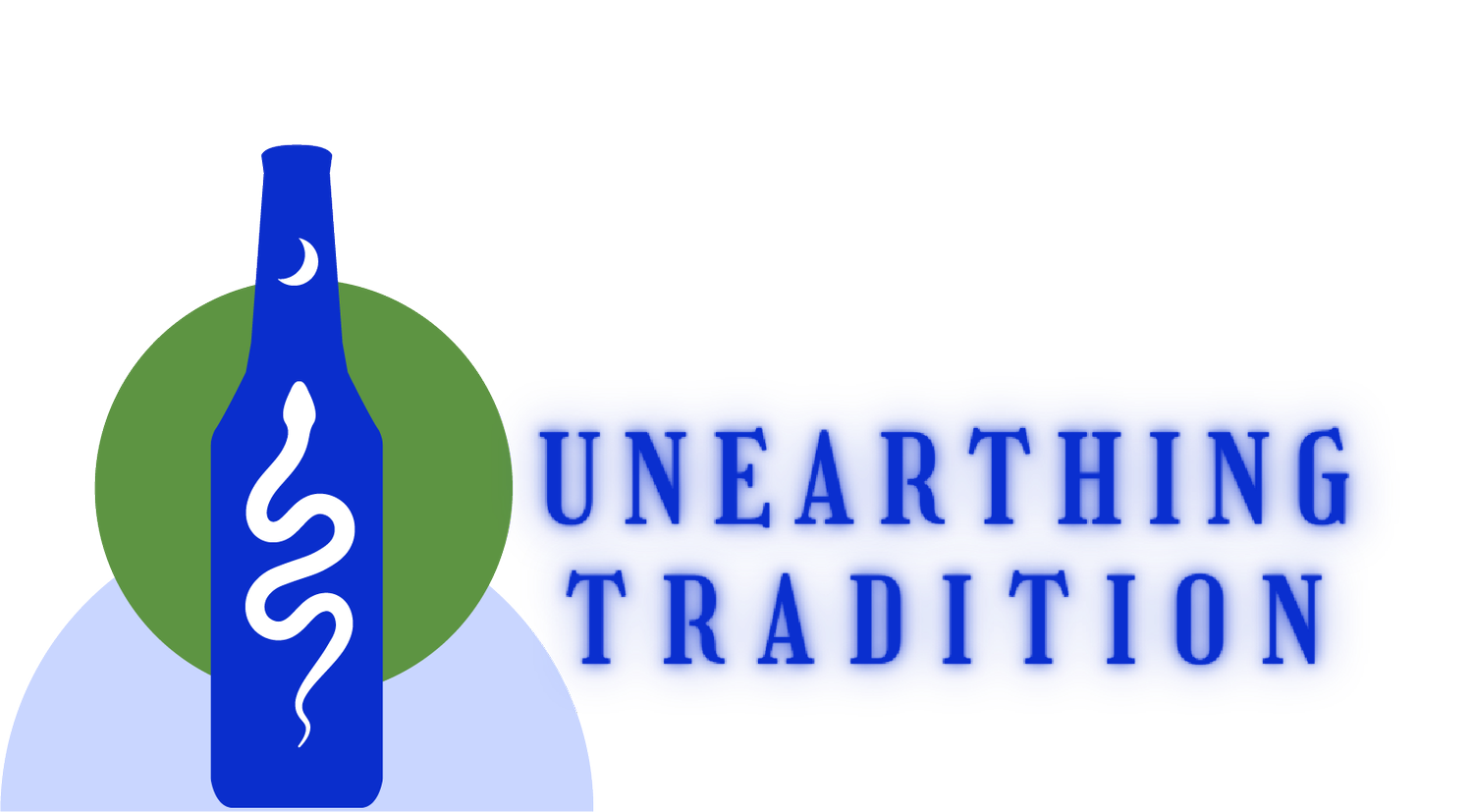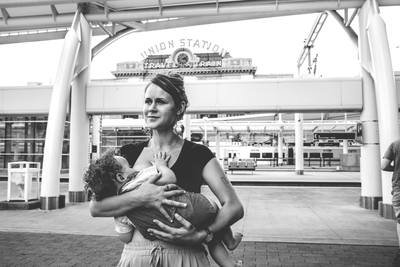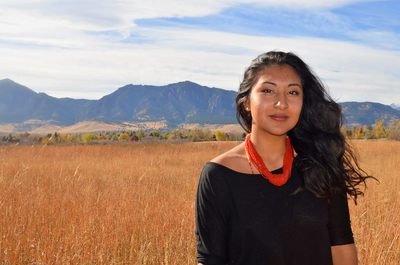Questions I've Been Asked as A Doula
Me: "Hi, yes I’m a doula."
Them: "Oh what’s a doula? Like a midwife, right? Oh so you do natural births?"
As more and more people seek alternative options in pregnancy, the reemergence of midwifery and women-led birthing is underway. Doulas are a big part of that process, yet still there are many misconceptions about what it means to be a doula. This month I’ll answer some of the most common questions I’ve been asked as a doula.
Before we go any further it's important to understand the historical backdrop of doula-ing. So it goes a little something like this...
In the late 1960s & early 1970s Dana Raphael, an American medical anthropologist, traveled the world researching the benefits and challenges of breastfeeding.Her findings revealed a common factor among birthing people: women had total control of the birth space and contributed a sacred and ongoing support for the laboring person. The origins of the term doula are Greek for “a woman who serves”, but Rapheal is credited with coining the term doula in the context of a female attendant to guide pregnant people during and after childbirth. Her 1973 book The Tender Gift: Breastfeeding was the first time the term doula was used in a publication.
What Dana Rapheal popularized was actually the naming of a practice that across cultures women went about as a way of life for centuries. Before the transition to hospital based male led birthing in the United States, women were calling the shots in their own birth spaces.
As one example, in the African American tradition grand midwives such as Maude Callen, Margaret Smith, and Gladys Milton (#SayHerName) were the spiritual healers for their communities. As the backbone of community wellness, they were sought after for spiritual guidance, to heal sickness, bring about good fortune, and catch babies.
The systematic eradication of the traditional midwife from her community resulted in a legacy of birth injustices. Decades later and I’m convinced the re-emergence of doula and midwifery is not merely an alternative, but rather that it mirrors a radical rediscovery of what was once ours in the first place.
Here to dispel some of the myths about what it means to be a doula are Kayla Q. Frawley and Naomi Lopez.
Naomi Lopez
Tell us about your role in the birth world.
My role in the birth world is to guide the birthing process while empowering each laboring person to reclaim their bodies. I live in the paradox between science and spirit. I received a Bachelors degree in science and grew up with folkloric traditions such as Curanderismo and Santeria. My role in the birthing world is to merge science and spirituality in order to create healthier birthing experiences.
What is the role of a doula? How is this different from a midwife?
The role of a birth doula is non-medical. Rather, doulas support families and individuals by providing consistent and non-biased support. Support from doulas typically involves meeting with families prior to labor. During this meeting families and the laboring person can express their desires, fears and hopes for their birthing journey. Once families go into labor the doula will attend the birth and stay with families through its entirety until the baby is born. It is custom for birth doulas to facilitate information between the medical staff and family. Doulas do not speak for their clients but they do help them make informed and educated decisions. Doulas are trained to provide comfort techniques to the laboring person, they help make the partner feel involved and assess the environment to make suggestions when necessary."When someone mistakes my role as a doula for the role of a midwife, I simply start by telling them that a midwife does the medical work from the waist down and a doula provides non-medical support from the waist up."
What is the relationship between midwives, doulas, and OB/GYNs?
Midwives, doulas and OB/GYNs are part of the birthing team. We each have our scope of practice and place with each patient/client. A doula cannot replace an OB/GYN or midwife as we are non-medical team members. However, studies show that doulas can decrease medical interventions such as medications given during labor and Cesarean sections. Some of you may be asking, "If doulas do not perform medical task then how can they decrease medical interventions?". To clarify any confusion, it is important to understand that many times during labor the hospital staff or birth center staff are busy attending to all patients. This means that time is divided and those with medical complications tend to get most of the staff's attention. Doulas on the other hand are devoted to one patient at a time. This consistent one-on-one interaction helps the birthing person feel seen, heard and over all more relaxed. This results in less anxiety and less cortisol in the blood stream, leading to smoother and less traumatic birth experiences.
What is your personal mission in the birth community?
I am striving to decolonize birth and dismantle the sexualization of the feminine body i.e. breastfeeding.
What changes do you envision for the birthing community and the families we serve?
I envision families of color receiving equitable health care. This means that people have a say over how their bodies are treated and consensual touch with medical professionals is ALWAYS practiced. Earlier when I said that I am striving to decolonize birth, I meant that I want to learn more and awaken others to traditional birthing/ postpartum practices such as la cuarentena and incorporating ritual into birth.
Kayla Q Frawley, CPM, BA
Tell us about your role in the birth world.
My role in the birth world began in 2011 when I began Midwifery School. I wanted to get a hand in women’s health and at the time I was really into border health, health disparities and immigrant health in the Southwest. Living in Las Cruces I had community in El Paso TX and Juarez Mexico. The school I attended was Maternidad La Luz that serves El Paso and the wider community. At the time 85%+ of our clients were from the state of Chihuahua, MX. I kind of dove into Midwifery and for me, it was completely political. I didn’t get “the calling” and I don’t feel like I romanticized birth or the magic of it. I really wanted to have an impact on health disparities in my community, which was at the time-that area of the country. While I was there I re-designed the cultural competency-or, rather, cultural humility course with a colleague who is a Lakota Midwife and still one of my favorite people in the world. Implementing new curriculum and having conversations about racism in health and midwifery was the niche I became obsessed with as a midwife. I also found that I love teaching, sometimes, more than providing care. This is how I became a Certified Professional Midwife.
Throughout this whole process I knew, above everything I wanted to have the biggest impact I could on perinatal health disparities in my country. But I knew, right after I took my NARM and became certified that I need to go the Certified Nurse Midwife route. So, the opportunities for nursing school in Colorado pulled me here. In the last couple years here I have sat on the fringes of birth projects that push towards birth equity. I instructed for an online midwifery institution momentarily, I sat in on early meetings of the Denver Health Doula Program, I had the privilege of co-facilitating a portion of the Doula Abortion training with the Denver Doula Project, I teach Child Birth Education at Denver Health, I support projects and groups that highlight and are led by women and birth workers of color. I have also collaborated with colleagues recently and we have held courageous conversations with community in response to racism that has surfaced or been exposed in the birth community here in Denver and surrounding areas. This last year I did some consulting work with a Midwifery collective in effort to implement anti-oppressive and anti-racist tactics into their practice. I am also contracted as a faculty with Health Connect One on their birth equity leadership team. I mentor and or collaborate with leaders in the community that are making a difference in birth equity in Denver and Colorado.
What is the role of a doula? How is this different from a midwife?
Doulas are trained to help with all the physical, emotional, mental and maybe spiritual aspects of labor, birth and postpartum. A Midwife is medically trained to manage labor, birth and postpartum. A Midwife is trained to monitor baby and the birthing parent, they are trained to save lives and medically manage anything from a hemorrhage to respond to shock to resuscitate a baby to manage a shoulder dystocia and much more… I see Midwives as gatekeepers and Doula’s as the space holder for transition. Both push to prioritize bodily autonomy and respect the pre-natal, birth and postpartum process. There is nothing easy about either one of those jobs.
What is the relationship between midwives, doulas, and OB/GYNs?
This depends on the region, the politics, the state laws and overall climate or historical relationship. I have seen great relationships with an entire birth team of Doulas, Midwives and OBGYNs and I have seen extremely disappointing relationships or absent relationships between all three.
What is your personal mission in the birth community?
To have a large impact on decreasing the race gaps that we see in perinatal disparities and improving infant and maternal health over all in my country. This is a novel and multiple sequels all on its own. As a white CPM-to be CNM racial justice and health equity have to be a priority for me in my personal and professional life in order to live this mission. More often times this means stepping down and often times, this means stepping up.
What changes do you envision for the birthing community and the families we serve?
I see the day that providers directly reflect their clientele, that students who face the most adversity fiercely succeed with a system behind them and I see somewhere, in the future, the day-that, as a society, we trust black women to lead and operate the health system that has failed them in this country.
I see all the micro and macro shifts that need to take place for this vision to come to life. Changing the culture of racism is the fuel for the change I envision. While we have seen some profound examples of this we are embarrassingly lacking as a society to remedy the institutional, systemic and individual racism that literally manifests our asinine racial perinatal health disparities in our developed country.



